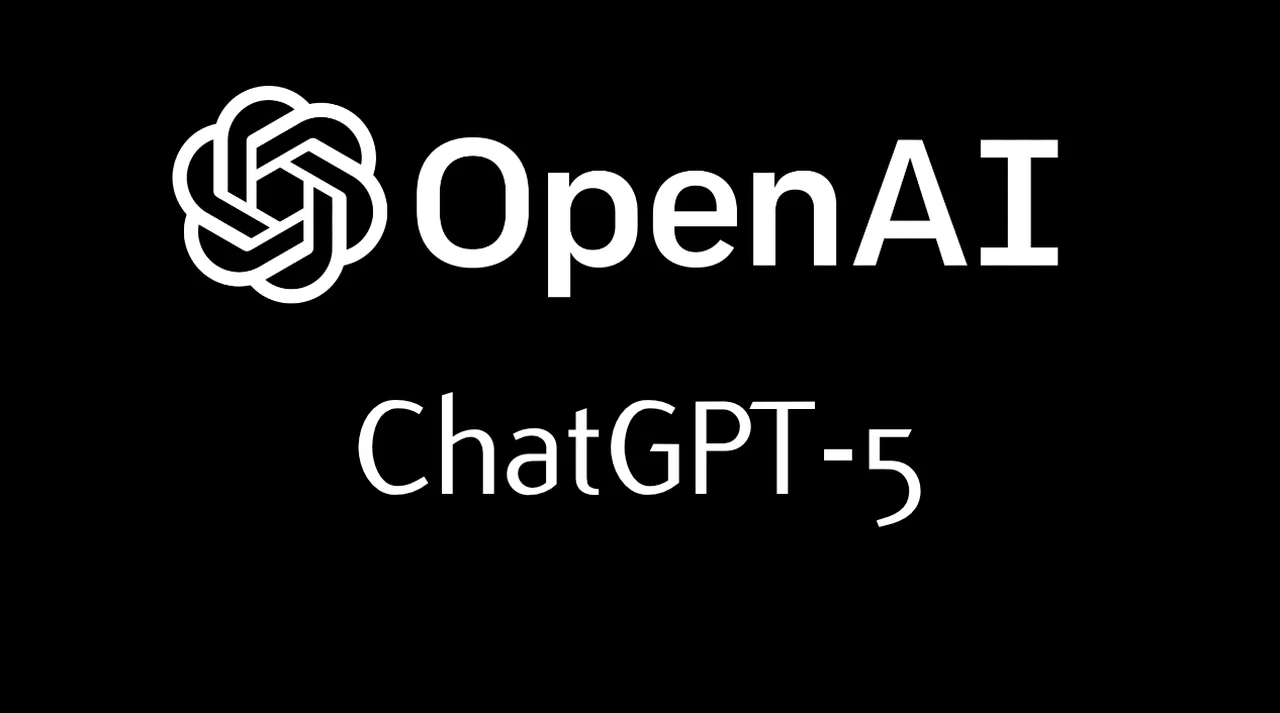
Speculation is growing that OpenAI is preparing to launch what could be ChatGPT-5 although whether it will be actually named GPT-5 or something else is still unconfirmed. Everyone has been expecting OpenAI to release a new major update to its ChatGPT large language model. But this upcoming launch has generated a buzz of excitement in the tech community, as it promises to transform the way large language models and businesses operate, reshaping strategies for managing data and privacy.
At the forefront of this AI revolution are companies like Meta and OpenAI, who are spearheading the integration of sophisticated AI models into the market. Meta, for example, has been gradually rolling out its advanced Llama 3 model, signaling a shift towards more complex and capable AI functionalities. These developments are crucial steps in embedding AI into the fabric of daily business activities and enhancing decision-making processes across industries.
OpenAI ChatGPT-5 release near
Before any AI model can be released to the public, it must undergo rigorous pre-deployment testing to ensure its reliability, safety, and effectiveness. This critical phase, however, often presents challenges, as access to these innovative models can be limited. Google DeepMind has been a trailblazer in this area, allowing some degree of testing to verify that their models are robust and ready for widespread use. Their approach underscores the importance of thorough testing and validation before AI systems are deployed in real-world scenarios.
Here are some other articles you may find of interest on the subject of OpenAI’s highly anticipated GPT-5 AI model :
- The world is not ready for ChatGPT-5 says OpenAI
- ChatGPT-5 will arrive sometime during 2024 – Sam Altman
- OpenAI reveals new details about ChatGPT 5 development
- OpenAI might release ChatGPT-5 before the end of 2023
- ChatGPT 5 is going to change everything!
- ChatGPT-5 Everything we know so far
AI as a Catalyst for Business Innovation
In the realm of business, AI is increasingly being recognized as an indispensable tool for driving innovation and staying competitive. These intelligent systems are designed to perform tasks that typically require human-like intelligence, such as complex problem-solving, pattern recognition, and decision-making. By integrating AI into their operations, companies are not only boosting productivity and efficiency but also fostering an environment that encourages innovation and adaptability. As AI continues to evolve, businesses that embrace these technologies will be better positioned to tackle the challenges of the future and seize new opportunities for growth.
Addressing Privacy Implications
While the power of AI holds immense potential, it also raises significant concerns about privacy, especially as models become increasingly capable of performing tasks like image analysis for location detection. Such capabilities, if not properly regulated, could be misused for malicious purposes like cyberstalking, highlighting the critical importance of implementing strict privacy safeguards in the development and deployment of AI systems. As AI becomes more integrated into our daily lives, it is crucial that developers, policymakers, and users work together to establish clear guidelines and best practices for protecting individual privacy rights.
The Future of AI and Hardware Independence
As AI technology continues to advance, there is a growing consensus among experts that future AI models may not require specialized hardware to function effectively. This potential shift towards hardware independence could make AI more accessible to a wider audience, democratizing its benefits and applications. Despite this trend, the current landscape also includes exciting advancements in wearable AI technology, which continues to spark debate about its practicality, potential impact, and implications for personal privacy.
Enhancing User Engagement with AI
Beyond the development of AI models themselves, companies are also focusing on how they interact with the public and businesses through AI-powered interfaces and platforms. Efforts are being made to redesign these platforms to offer more user-friendly and intuitive experiences, making AI technologies more approachable and easier to integrate into everyday use. By prioritizing user engagement and simplifying interactions with AI, organizations can help bridge the gap between the technology and its intended users, fostering wider adoption and unlocking the full potential of AI across various sectors.
The imminent release of OpenAI’s ChatGPT-5 marks a significant milestone in the evolution of artificial intelligence, pushing the boundaries of what AI can achieve and heralding a new era of possibilities. As organizations like OpenAI and Meta continue to innovate and refine their AI models, the emphasis remains on ensuring that these powerful technologies are developed and deployed in a manner that prioritizes security, respects individual privacy, and adds tangible value in business settings. Soon any confirmation is made by OpenAI an update for its ChatGPT has been released we will keep you up to speed as always
Video Credit: Source
Latest Geeky Gadgets Deals
Disclosure: Some of our articles include affiliate links. If you buy something through one of these links, Geeky Gadgets may earn an affiliate commission. Learn about our Disclosure Policy.